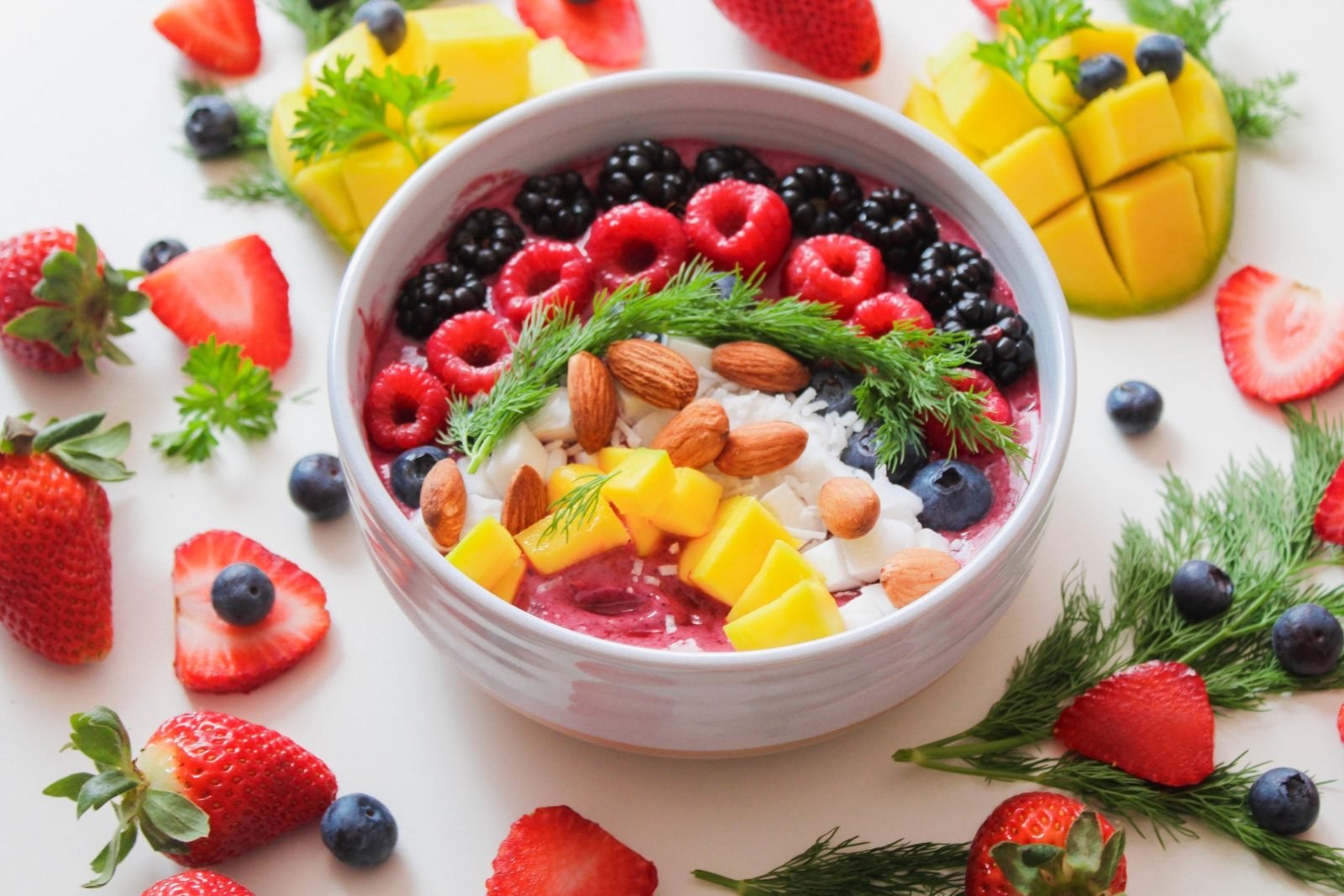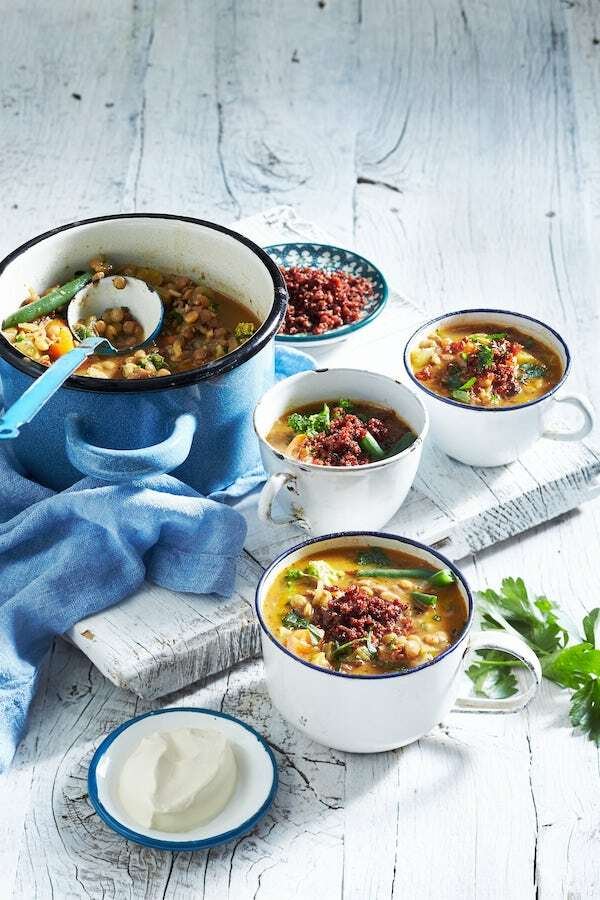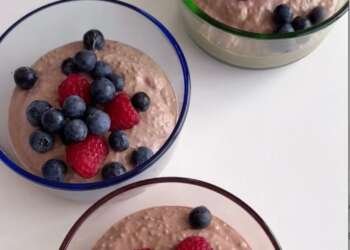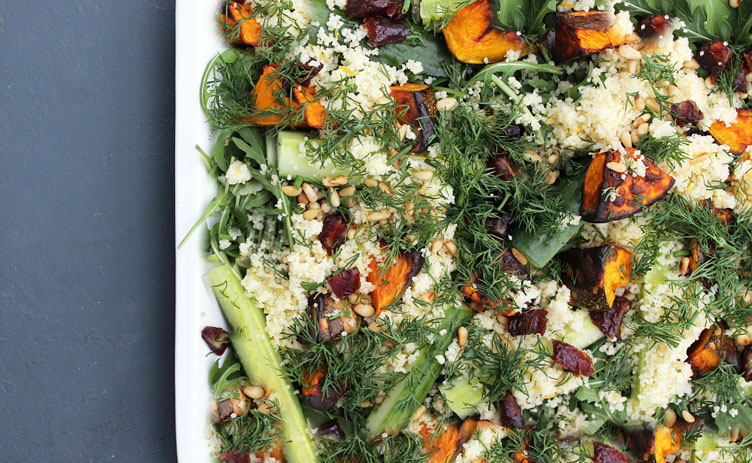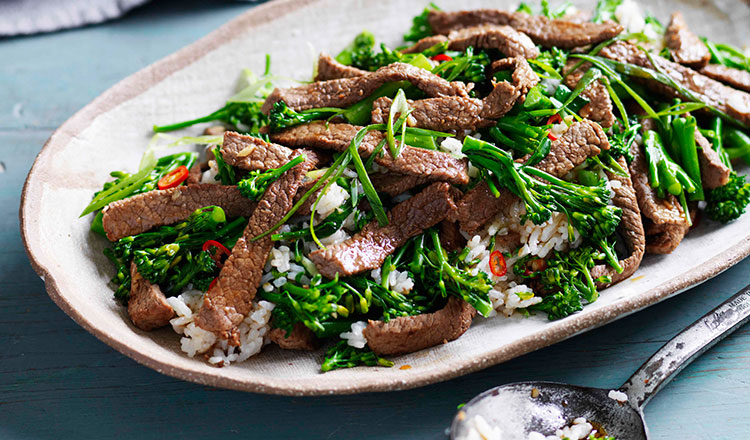Isolation has affected us all in different ways however things people have tended to share in common is a tendency to overeat and overdrink. Such is the nature of humans, many of us find it difficult to resist what’s available in our cupboards and therefore buying more, often means eating more — especially when we’re bored.
During a time when a good diet and exercise has never been more critical, poor food choices and overeating should be kept to a minimum. People should instead be opting for foods that support the immune system. Our immune systems protect us against pathogens, bacteria, viruses and parasites, and is intrinsically linked with our sleep, diet, and exercise habits. This is why it’s so important at this time to maintain healthy practices such as moving and eating right.
Vitamins and minerals that support immune function and the foods to include in your diet include:
Vitamin C

Citrus fruits are a great source of vitamin C including oranges, pineapple, grapefruit, lemons and lime. Vegetables that are high in vitamin C include red capsicum, broccoli, cauliflower, spinach, tomatoes
Vitamin D
People with low vitamin D levels are more susceptible to getting sick. The best source of vitamin D is UVB radiation from the sun and optimal exposure to the sun varies depending on where you live and the time of year. It’s understandably tricky for many to get the recommended daily intake of sun while in isolation therefore load up where you can on foods that have good sources of vitamin D. These include, mushrooms, oily fish (salmon, tuna, mackerel), cereals, and dairy that is fortified with vitamin D.
Zinc
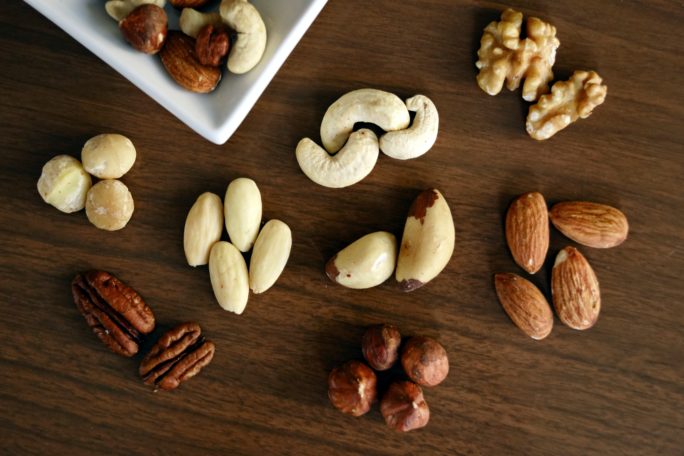
Zinc functions as an antioxidant and prevents free radical-induced injury during inflammatory processes. Foods containing zinc include seafood, lean meat, milk and nuts.
Iron
Proper functioning of the immune system relies, in part, on sufficient iron. The immune system helps us to fight infection. Foods containing iron include beef, lamb, kangaroo, chicken and fish. Plant-based sources include dried beans and whole grains.
Vitamin A

Vitamin A plays a regulatory role in cellular immune responses. Dietary sources include lean meats, liver or liver pate, poultry, oily fish, egg yolks, legumes, beans, wholegrains, leafy green and other coloured vegetables.
Protein
Ensure each meal also contains a high source of lean protein too. This helps maintain a strong immune system and has positive effects on satiety, meaning you stay fuller for longer. Protein is found in abundance in foods such as lean meat, poultry, seafood, eggs, nuts and seeds.
Gut Health
The health of our guts also contributes to our immune function. We can support our gut health by including pre and probiotics in our diet. Prebiotics include legumes, vegetables,


